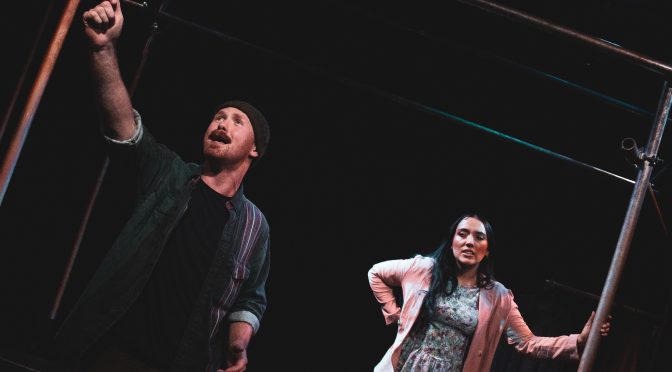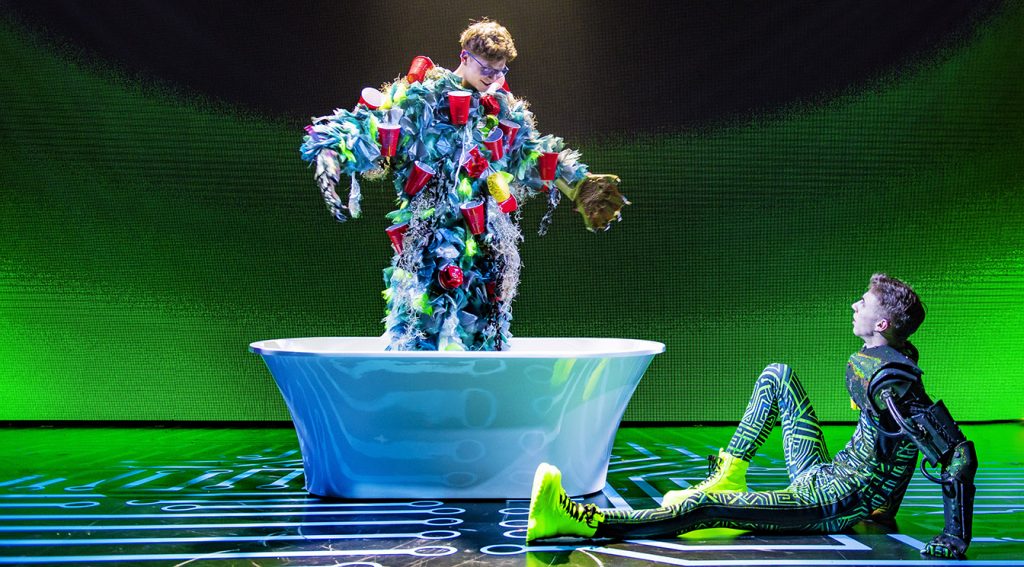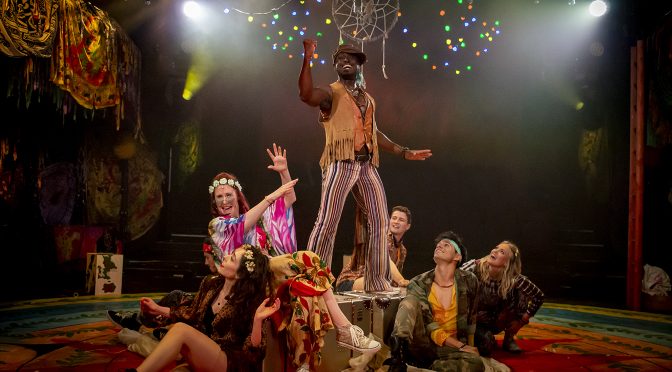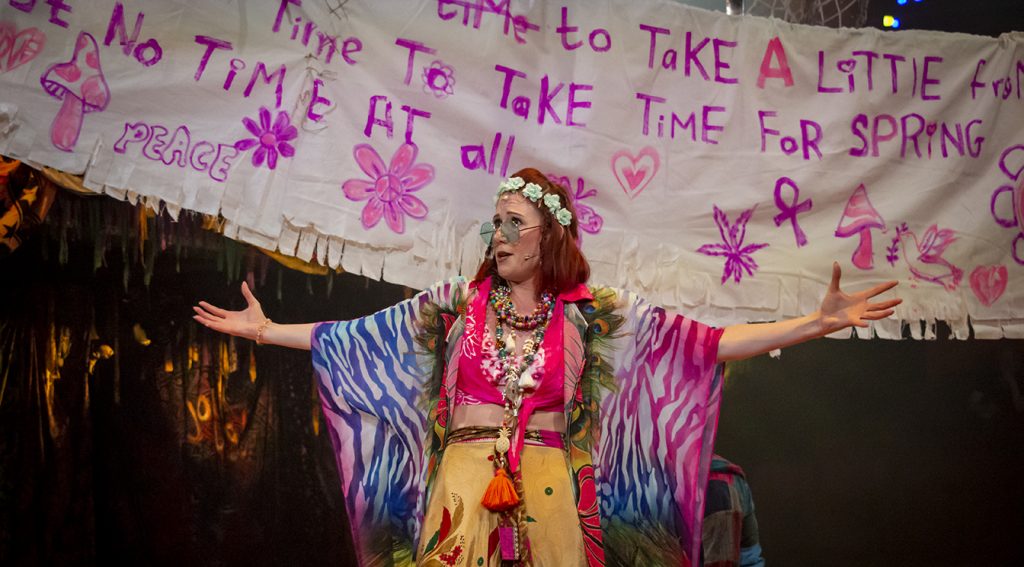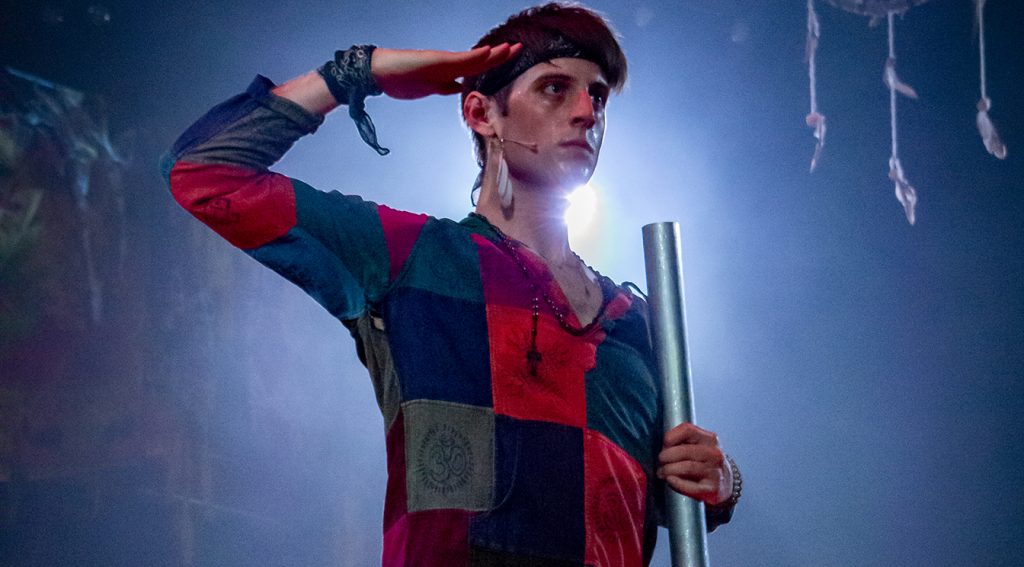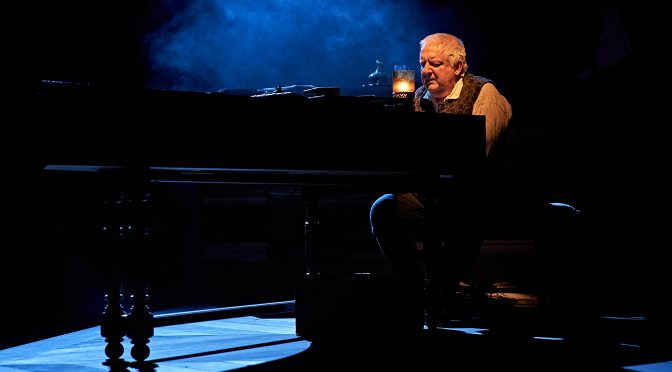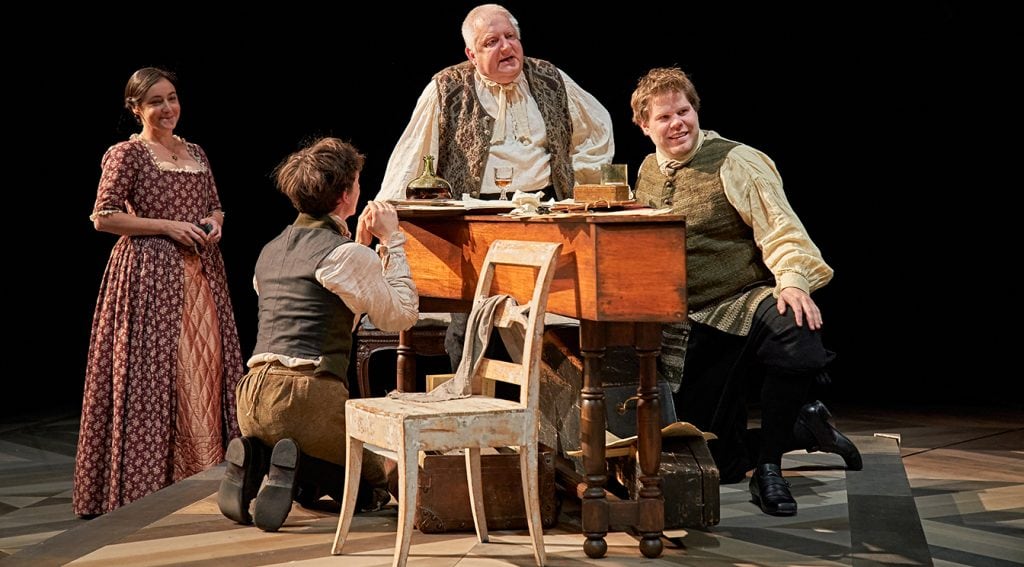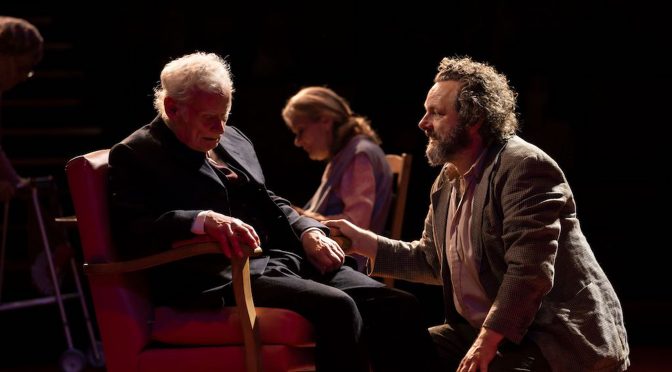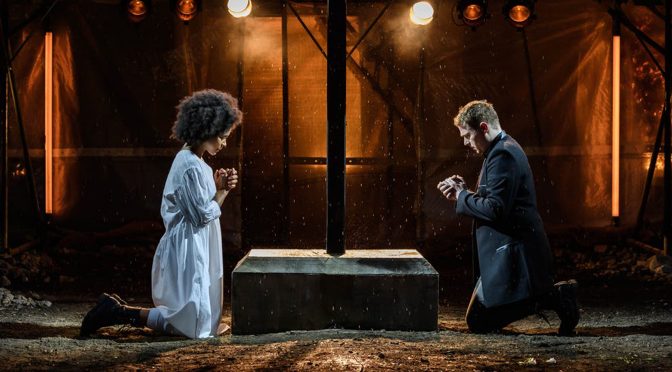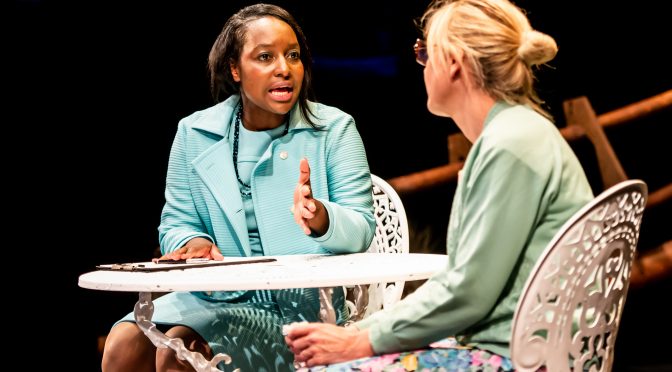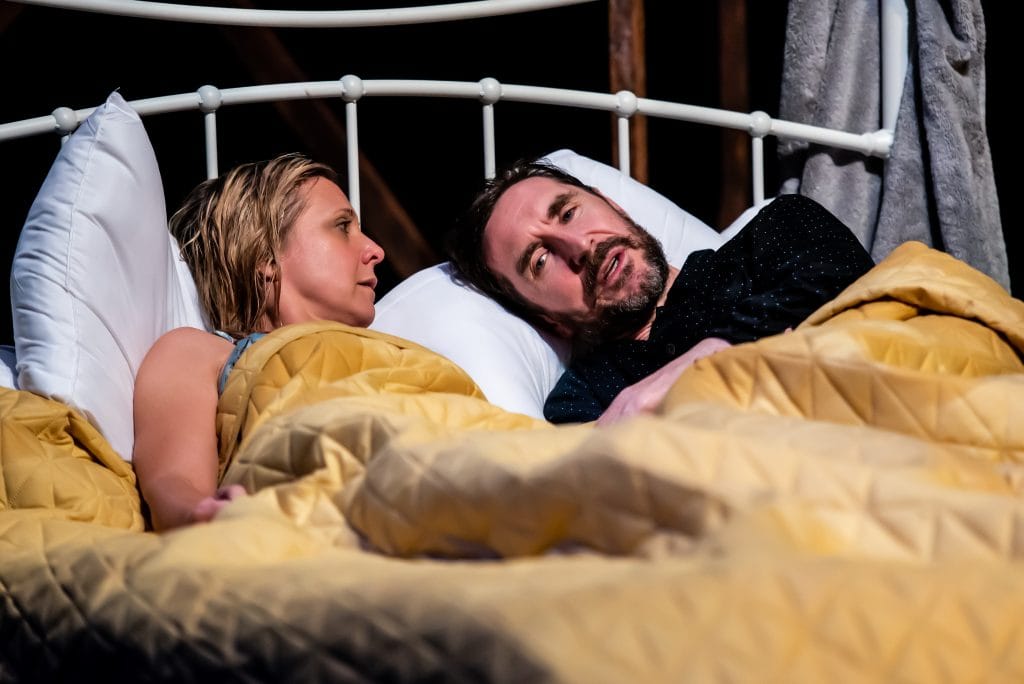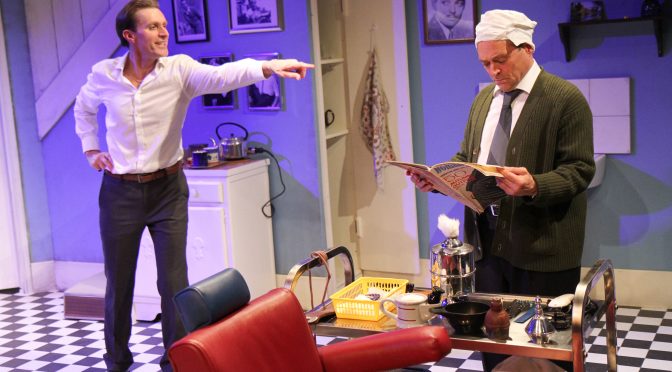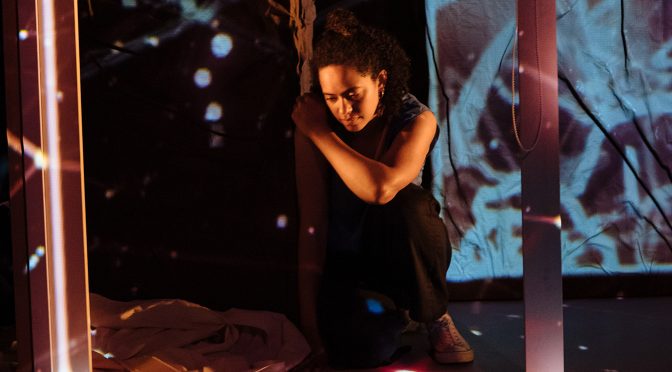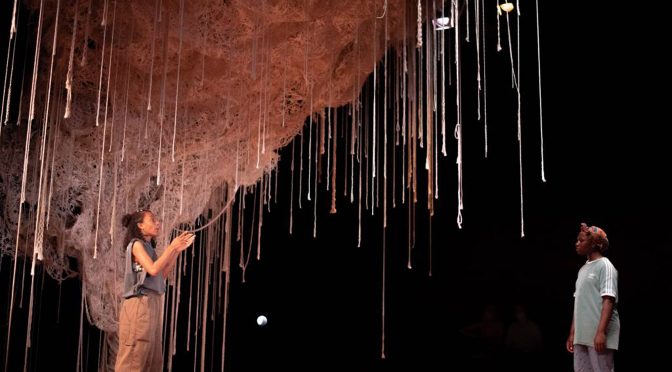As a return to the stage continues, Red Piano Productions commands respect for its efforts. This latest show, written under lockdown constraints, has had rehearsals and its press night plagued by the ping of Covid alerts (sincerest wishes that those informed are safe and well). And then the rains came. Undaunted, with a die-hard if damp audience, the show still went on. Bravo.
Writers Lucy Ireland and Ben Barrow stepped into the shoes of Nicola Espallardo and Aiden Harkins. Performers themselves, they did an excellent job. Fellow cast members Grace Mouat and Andrew Patrick-Walker handled the last-minute substitutions superbly. There’s no doubting the spirit and commitment of all and the atmosphere generated. The question remains as to whether the show is any good.
As a showcase for Barrow and Ireland, From Here works hard to impress. The songs cover a variety of topics and, by including lots of characters, have an eye on performers attracting attention, too (Mouat and Patrick-Walker certainly take every opportunity on offer). But the result is painfully effortful. The portfolio feel (aimed at agents and casting directors?) just isn’t entertaining for an average audience.
A song cycle rather than a musical, attempts to hold From Here together (with a weak reprise and poetry based around job interviews) fail to convince. There are songs about dreams, homes, careers and romances arriving thick and fast. The result comes close to being messy. Director Annabelle Hollingdale focuses on individual numbers with some nice touches but there’s no effort to bring coherence to the piece.
Regrettably, the songs are nearly all treated with the same sentimentality and seriousness. Attempts at humour are poor and predictable. Picnicking couples proposing and complaining flatmates, let alone a student looking forward to going back home, mean there is little edge. The writing is competent but is a toothless affair that never challenges its audience.
There are encouraging moments. A song about life online rings true with some strong detail. And Mouat has a good time with the only number approaching big, The English Teacher’s Soliloquy. Possibly, problems lie with the concept that attempts to guide the show: the idea of a conflict between perfect endings and new beginnings, which has potential but creates no tension. The overly tentative conclusion is that a “middle ground” is needed. Not a bad approach to life, maybe, but too close to a call for mediocrity. And a dire base for theatre: a disappointing result for such hard work.
Until 7 August 2021
Photo Lucy Gray

